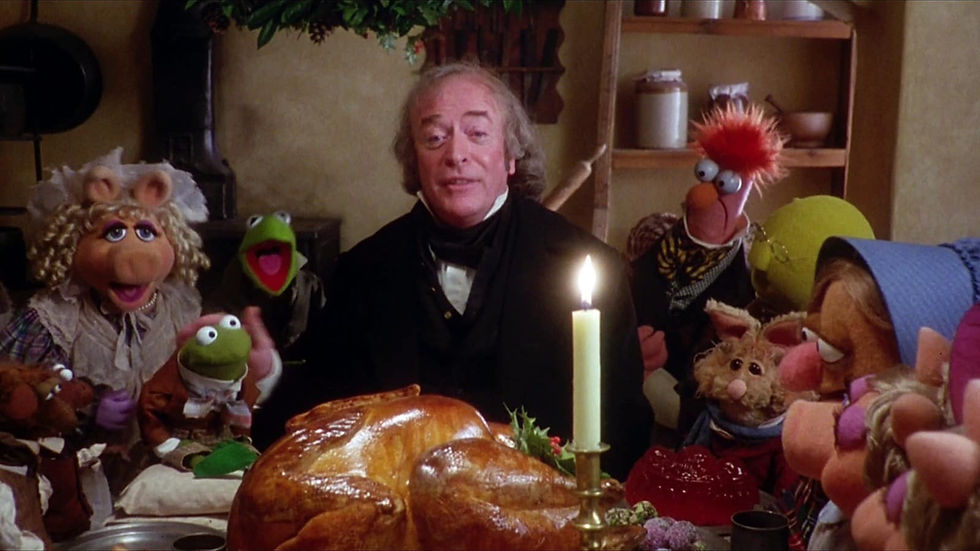Joan Fontaine
- Soames Inscker

- Mar 26, 2025
- 2 min read
Updated: Apr 4, 2025

Hollywood’s Golden Age Star
Joan Fontaine was one of the most celebrated actresses of Hollywood’s Golden Age, known for her elegance, nuanced performances, and ability to portray vulnerable yet strong-willed women. With a career spanning several decades, she left an indelible mark on cinema and remains one of the few actors to have won an Academy Award for an Alfred Hitchcock film.
Early Life and Career Beginnings
Born Joan de Beauvoir de Havilland on October 22, 1917, in Tokyo, Japan, Fontaine was the younger sister of fellow Hollywood actress Olivia de Havilland. The two shared a famous lifelong rivalry. The family moved to California, where Fontaine pursued acting, adopting her mother’s maiden name to establish her own identity. She made her film debut in No More Ladies (1935) and took on minor roles before breaking into the industry.
Rise to Stardom
Fontaine’s breakthrough came in 1940 when she starred in Alfred Hitchcock’s Rebecca, opposite Laurence Olivier. Her portrayal of the timid and insecure second wife of Maxim de Winter earned her an Academy Award nomination. The following year, she won the Oscar for Best Actress for another Hitchcock film, Suspicion (1941), making her the only actor to win an Oscar for a Hitchcock-directed film. This victory cemented her place in Hollywood and set her apart from her sister, Olivia de Havilland.
Career Highlights
Throughout the 1940s and 1950s, Fontaine delivered a series of remarkable performances in films such as Jane Eyre (1943), The Constant Nymph (1943), Letter from an Unknown Woman (1948), and Ivanhoe (1952). She excelled in roles that required emotional depth, sophistication, and resilience, solidifying her reputation as one of the era’s most accomplished actresses.
Later Career and Legacy
As the film industry evolved, Fontaine transitioned to television and stage acting. She appeared in various TV productions and theatre performances while also engaging in philanthropic work. In her later years, she lived a relatively private life, focusing on her interests in aviation, gardening, and writing her memoir, No Bed of Roses (1978).
Conclusion
Joan Fontaine’s legacy endures as one of Hollywood’s most talented and graceful actresses. Her contributions to classic cinema, particularly her work with Alfred Hitchcock, remain significant, and her performances continue to captivate audiences. With her refined charm and undeniable talent, Fontaine remains an unforgettable icon of Hollywood’s Golden Age.




